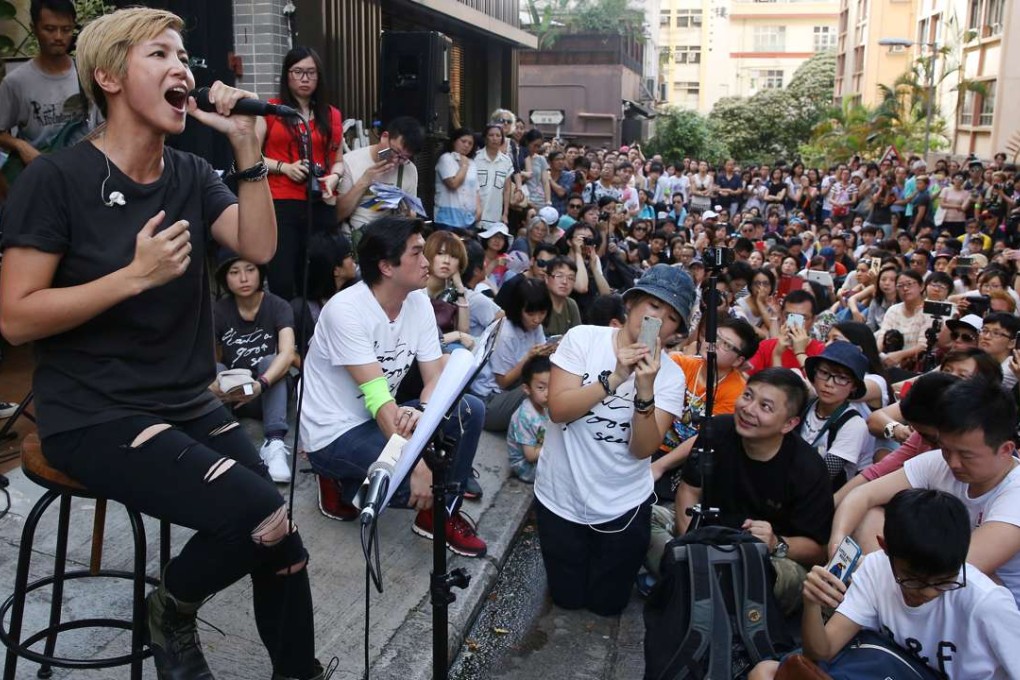Why start-ups thrive behind China’s Great Firewall more than in Hong Kong, its freest city, and how to change that
Hong Kong needs a less rigid education system and more nurturing start-up environment to counter the lure of financial incentives and heavy R&D spending Shenzhen and other Chinese cities offer

The 87-hectare site, which could easily swallow four Victoria Parks, will give the two neighbouring cities “unprecedented space and opportunities” to complement each other’s advantages, officials say. But why does a city like Shenzhen, which has nurtured global giants such as Tencent and DJI, still need us?
Many of Hong Kong’s traditional advantages are still in place: a low and simple tax regime, a sound legal system, freedom of expression, press freedom and ease of setting up a company. But other cities are desperate to attract the same kind of companies the Lok Ma Chau park will be gunning for – fast-growing technology start-ups and creative industries – and they offer attractive perks and a more nurturing environment.

Local entrepreneurs say Hong Kong has quite a bit of catching up to do.
Michael Young, an industrial designer who moved to Hong Kong from Britain 10 years ago, says many designers think it is a no-brainer to set up shop in mainland China. “The Shenzhen government once offered me free use of a huge office for three years, plus half a million yuan (HK$563,000) to cover the set-up cost. The Foshan mayor’s office also approached me. That’s why so many creative people from all over the world are heading to Shenzhen and Shanghai. It’s mainly financial,” he says.